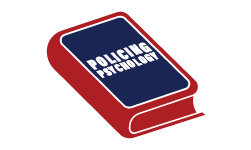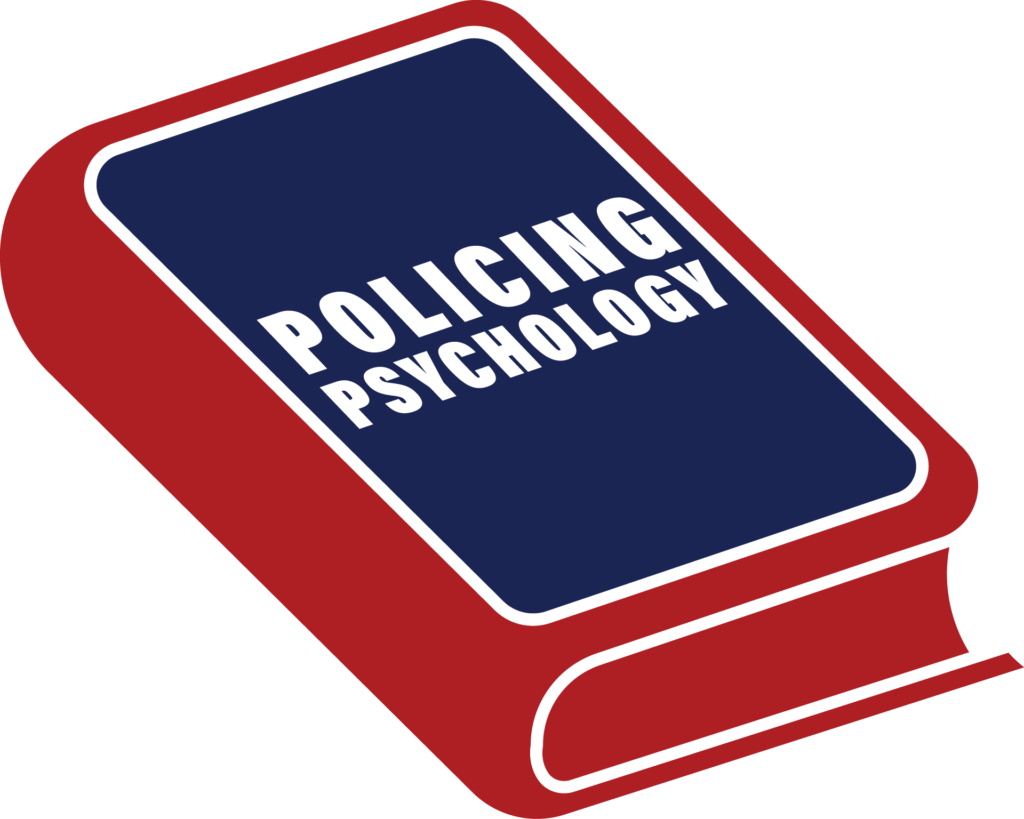Book Recommendation
The Body Keeps the Score: Brain, Mind, and Body in the Healing of Trauma by Bessel Van Der Kolk, M. D.
Why I recommend this book:
Traumatic experiences, especially from my role as a police officer, took a tremendous toll on me. This book helped to understand and process my own traumatic experiences, which helped me to heal from them. Dr. Van Der Kolk helps to explain how stress impacts both our mind and our body. That understanding allowed me to recognize what was happening to me, which helped me to process traumatic experiences so that they I no longer had to suffer from them.
Mind / body connection:
Understanding psychology also involves understanding the physical changes that are happening, along with the understanding that it is not all in your head. As Dr. Van Der Kolk wrote, “post-traumatic stress isn’t all in one’s head.. (as) the symptoms have their origin in the entire body’s response to the original trauma.” He describes studies that showed even more than a decade after the traumatic event, people are still re-experiencing the trauma, not just remembering it. That is an important distinction, your body has chemical and hormonal reactions that are the same as your initial experience. You aren’t just remembering the experience; you are reliving the experience.
PTSD:
This became an official diagnosis in 1980 when it was added to the DSM-V (manual that documents psychological illnesses.) However, these long-lasting physical manifestations of psychological stress have been documented in many soldiers throughout history, with terms such as shell shock and battle fatigue. Dr. Van Der Kolk explains that “helping victims of trauma find the words to describe what has happened to them is profoundly meaningful, but usually it is not enough.” He also wrote that “the body needs to learn that the danger has passed and to live in the reality of the present.”
Understanding stress hormones and PTSD:
Initial studies showed that traumatized dogs secreted larger amounts of stress hormones. The human studies showed, “traumatized people keep secreting large amounts of stress hormones long after the actual danger has passed.” However, “stress hormone cortisol are low in PTSD” because “cortisol puts an end to the stress response by sending an all-safe signal.” In PTSD, the stress hormones responses stay elevated and don’t return to normal because their body does not get that ‘all safe’ message.
Placebo effect:
“Most treatment studies of PTSD find a significant placebo effect.” Dr. Van Der Kolk described one study funded by the National Institute of Mental Health with 88 subjects where there was a significant placebo effect, with a 42 percent improvement in the placebo group. This speaks loudly of the power of taking action to help yourself get better. This is the power of agency.
Agency:
Dr. Van Der Kolk describes agency as “the technical term for the feeling of being in charge of your life: knowing where you stand, knowing that you have a say in what happens to you, knowing that you have some ability to shape your circumstances.” He describes that this starts with understanding our own bodies and “our subtle sensory, body-based feelings: the greater the awareness, the greater our potential to control our lives. Knowing what we feel is the first step to knowing why we feel that way.” He also explains that “self-regulation depends on having friendly a friendly relationship with your body. Without it you have to rely on external regulation from medication, drugs like alcohol, constant reassurance, or compulsive compliance with the wishes of others.”
fMRI demonstrates that we are reliving traumatic experiences, not remembering them:
Neuroimaging through functional magnetic resonance imaging (fMRI) has changed how we view trauma and brain science. We already knew that intense experiences activate the limbic system (emotional center) of the brain and the amygdala (brain’s fight/flight/freeze response center). The amygdala acts like a fire alarm, activating the sympathetic nervous system (discussed in On Combat) and preparing us for immediate threats.
“SPEECHLESS HORROR”
These fMRI tests revealed a part of the brain within the cortex, called Broca’s area, which is one of the brain’s areas for speech. This area has historically been damaged in stroke patients. We have learned that without a functioning Broca’s area, “you cannot put your thoughts and feelings into words.” The scans “showed that Broca’s area went offline whenever a flashback was triggered.”
TRAUMA RE-OCCURING:
Van Der Kolk explained “when words fail, haunting images capture the experience and return as nightmares and flashbacks. In contrast to the deactivation of Broca’s area, another region, Brodmann’s area 19, lit up our participants. This is a region in the visual cortex that registers images when they first enter the brain.” However, the fMRI brain scans were showing this part of the brain activating, even though these were old memories, which are normally diffused to other brain areas. He continues that, “we were witnessing a brain region rekindled as if the trauma were actually occurring.”
SUMMARY:
This book is written by a world expert on trauma. Dr. Van Der Kolk has been studying traumatic stress since before PTSD was added as a diagnosis. The physical manifestations of psychological stress have been documented throughout history. This book gave me the ability to better understand the traumatic stress that I had experienced, which also helped me to heal from it. I strongly recommend this for anyone who deals or is likely to deal with trauma on a recurring basis.

